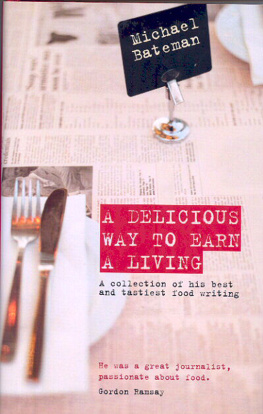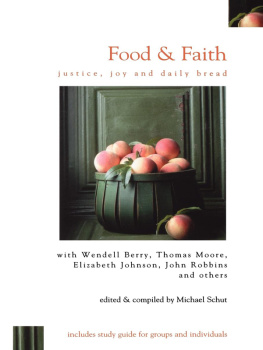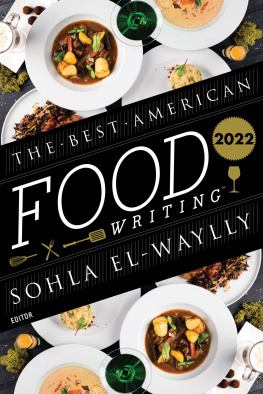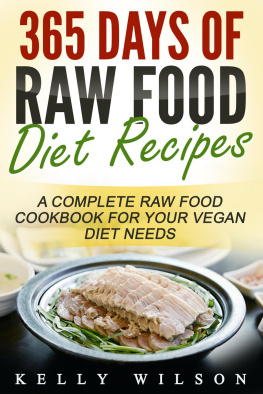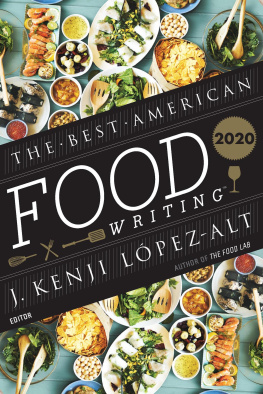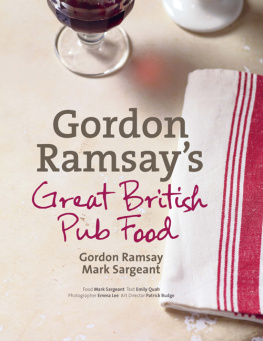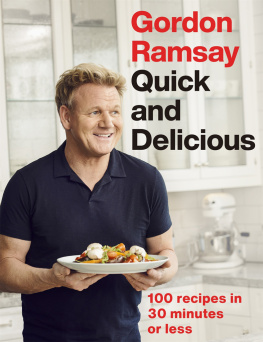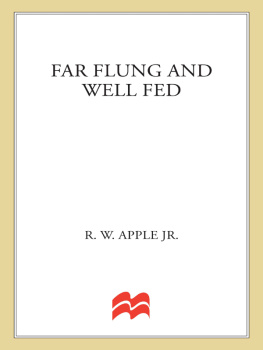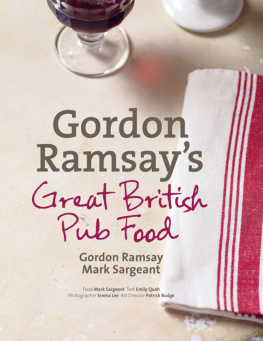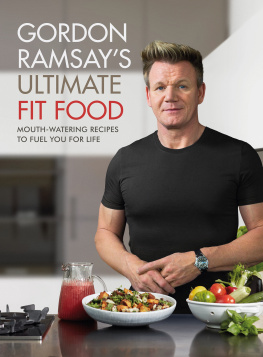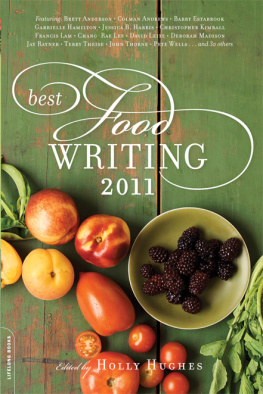
For Alex, Georgia, Dan, Paul, Simon, Sarah, and Fay
Published in 2008 by
Grub Street
4 Rainham Close
London
SW11 6SS
Email:
Web: www.grubstreet.co.uk
Text copyright Heather Bateman 2008
Drawings copyright Heather Bateman 2008
Copyright this edition Grub Street 2008
Keying by Richard Davie
Formatting and layout by Sarah Driver
The moral right of Michael Bateman has been asserted
A CIP record of this book is available from the British Library
ISBN 978-1-904943-92-1
Digital Edition ISBN 978-1-909166-94-3
All rights reserved. No part of this book may be reproduced or transmitted in any form or by any means, electronic or mechanical, including photocopying, recording or any information storage and retrieval system, without permission in writing from the publisher.
Printed and bound by MPG, Bodmin, Cornwall
This book is printed on FSC (Forest Stewardship Council) paper
Contents
Acknowledgements
Thanks to family and friends for their encouragement; to my mother and to my sister Ruth for her patience and great listening skills; to Angela Wrapson, Hilary Adamson, Sue Malden, Ellen Nall and Ingrid Selberg for invaluable help at critical moments; and to publisher Anne Dolamore for her enthusiasm, commitment and hard work in creating this delicious and fitting memorial to Michael.
Editorial Note
Michael was a prolific writer, producing a weekly column for most of his career, as well as articles for magazines, and over a dozen books. This collection ends shortly after he began working at the Independent on Sunday, but we intend that another volume will follow containing his weekly pieces from his 14 years there.
Illustrations
Michael was also a talented artist, though not many people knew about this. He always took a sketch pad with him on holidays and press trips; his notebooks were covered with drawings; and his dinner menu planners often in the form of cookstrips were decorated with pictures of the food, seating arrangements and even the guests. His sketches embrace his wit, humour and great sense of fun, and we have included some of them here.
Heather Bateman
Publishers Note
The articles collected here have been transcribed directly from their original publications.
Foreword
Michael Bateman wrote about food, becoming one of the most eminent and admired of present-day food writers. But it was a strange thing to want to do, back in the 1950s, when he started out. Britain was still suffering from post-war austerity. A meal out meant roast beef and cabbage cooked to death, with none of that funny stuff foreigners ate, such as garlic - ugh, horrible. He wanted to write about food as a subject, not in the sense of recipes, but food, the eating of, the contents of, the use of, the history of a subject worthy of serious space.
It was during his National Service in Hong Kong, as a second lieutenant, where he first became interested in cooking and after that he saw food as a serious subject. I first met him in 1958, when he was a young journalist on the Durham Advertiser, and I was a student at Durham, editing Palatinate, the university newspaper. He invited me for a meal in his hovel on Claypath. He made a curry, something Id never had before, presuming it was merely a funny foreign powder, not a dish, and insisted on telling me its history, where he had got each ingredient, how he had cooked it. Later, at a lunch for several people, he made a paella, which again was new to me. It seemed to take him for ever, but he kept everyone amused with stories and drinks and bits, though, after three hours waiting, I went out secretly for a meat pie, then returned for the paella.
Potty, I thought. Real men, in 1958, were not interested in food, either cooking it or talking about it. And, as for real journalists, I couldnt see how anyone would ever survive as a hack by writing about such a pansy, piddling subject.
In Durham, he was a familiar sight around Palace Green, walking about with his flaxen hair and his scruffy, second-hand overcoat which seemed to make his shoulders about six feet wide. We organised skiffle parties together. I passed on student stories for his newspaper and he told me, to my amazement, that there were two national graduate training schemes for would-be journalists, neither of which I had known about, one run by Kemsley Newspapers (later Thomson Newspapers), the other run by Westminster Press the one he had joined.
From the local paper in Durham, he eventually moved to Fleet Street and then The Sunday Times, where we met up again as colleagues. He started writing about food on the features pages, where I was in charge at one time of his articles. He would produce long pieces on saffron, a new substance to most people, but made it totally riveting. He was the first journalist I was aware of to write detailed exposs of food additives.
He clearly loved researching his food articles, disappearing for days if not weeks, covering every possible angle, talking to every expert. In those days on The Sunday Times, you were allowed to take forever, if it sounded a reasonable story. But, to many other journalists, Batemans obsessions were pretty daft, if not weird. Then slowly they began to realise that he had become an expert in, perhaps even the creator of, a new branch of journalism - food journalism. It was a subject national newspapers had scarcely bothered with before.
Later, while still on The Sunday Times, where he became editor of Lifespan on the magazine, he launched a national campaign for Real Bread, which later, in 1982, turned into a book, The Sunday Times Book of Real Bread.
His first cooking book appeared in 1966, Cooking People, which was an ingenious idea, combining biographical interviews with the main cookery writers of the day, such as Elizabeth David, Robert Carrier and Andr Simon, plus some of their recipes. Getting a proper interview with Elizabeth David was a coup in itself.
It wasnt his first book. Michael Batemans other, if minor, passion was cartooning and he had already produced a book about leading cartoonists called Funny Way to Earn a Living (1966). In all, he published around a dozen books on cooking. His last book, The World of Spice, was published in September 2003. Best thing Ive done, he told me. I loved every word.
Michael Bateman was the food writer of The Independent on Sunday from its creation in 1989 and during that time won many awards and commendations, notably the Glenfiddich Food Writer of the Year in 2000. He was a great traveller, determined, if he was writing about coffee, for example, to get to Brazil and see the stuff growing. He would even pay his own way, if he couldnt wangle it otherwise. Now thats something journalists rarely do.
His personal life was at one time very complicated, not to say shambolic. When his first marriage disintegrated, he was alone for some time, in some chaos, living a fairly wild life. On his travels, which included Latin America, he started a collection of plastic bags, trying to get one each from some of the worlds major shops, mainly in the food line. A unique collection, which no one else had thought of. They were all thrown out one day by his cleaner, who thought she was doing him a favour, trying to reduce the squalor in his flat.
For 25 years, he had been a model of healthy living, sensible drinking and eating, with lots of exercise. When I last had lunch with him, he looked as fit and vibrant as when I had first met him in his twenties, his face no more crinkly, still liable to be convulsed with laughter at the slightest excuse, still as enthusiastic as ever, without an ounce of cynicism. When I was ill once, with jaundice, he arrived at my sick bed, where I was surrounded by flowers, holding an enormous cabbage. It sat at the end of my bed for three weeks.
Next page
